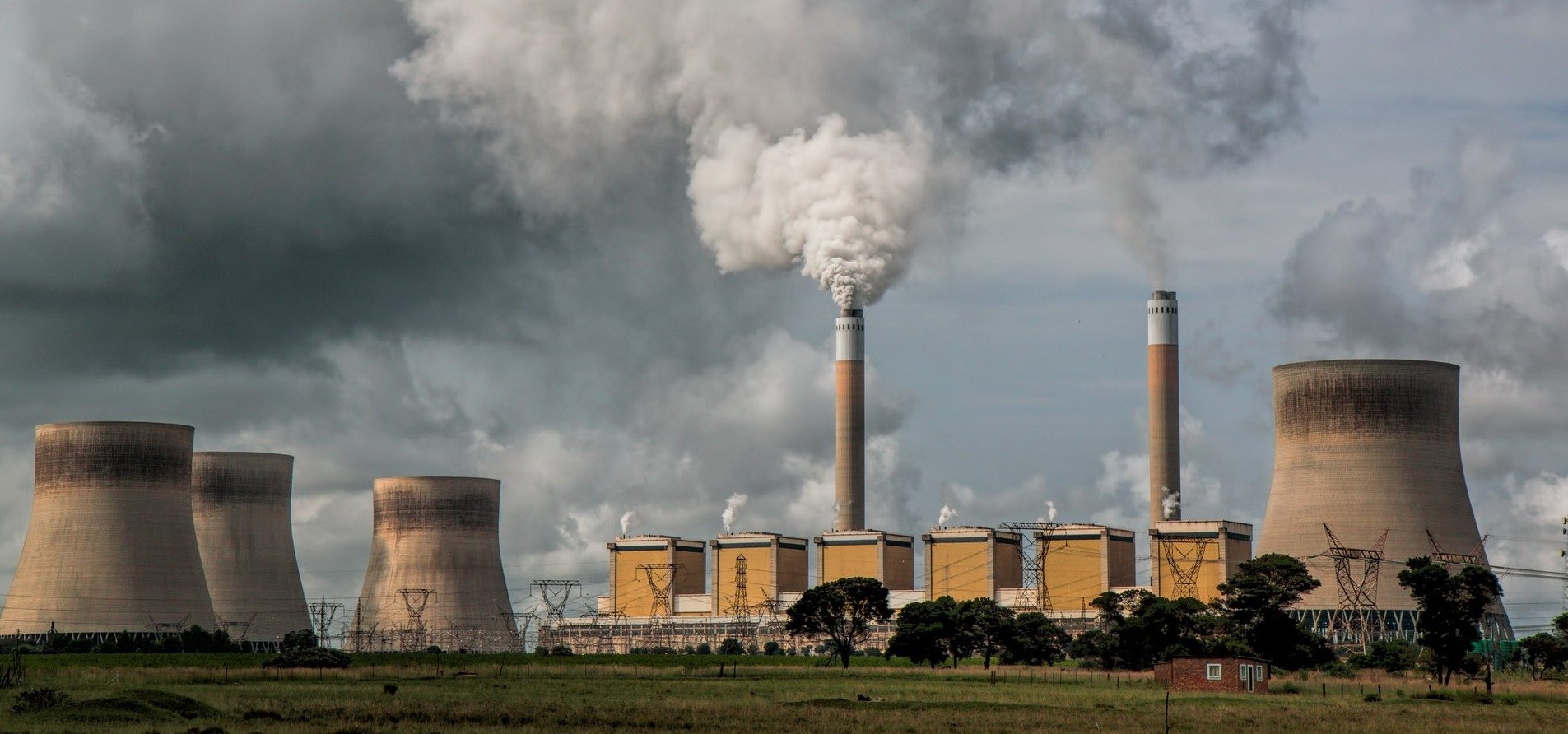Not a dry eye remained after threats of a sixth global mass extinction hit the nation in David Attenborough’s latest documentary: A Life on Our Planet. Everyone is looking for someone to blame. Has increased awareness of the environmental crisis heightened environmental fascism?
Evidently the 21st century has seen a shift in attitudes towards holding corporations accountable rather than communities. Yet, outdated claims that overpopulation is a main cause of climate change still dominate, along with an ignorance towards traditional lifestyles.
So what is the environmental movement? The environmental movement is a diverse philosophical, social, and political conservation movement to address environmental issues. It promotes sustainable management of resources recognising humanity as a part of the whole ecosystem. Despite this, it has come more recently under speculation for disproportionate blame on different communities; particularly emerging economies with rapidly rising populations.
Overpopulation evidently exacerbates the climate change crisis, however the main issue surrounding overpopulation lies within the unequal global wealth and resource distribution. Developing nations are increasingly blamed for contributing to the climate crisis due to their rising carbon dioxide emissions. However, it is largely ignored that 1% of the world’s richest populations emit double the amount of carbon dioxide than the poorest 50%.
Is it fair to hinder development of emerging nations to preserve the environment? Attenborough’s documentary explains that “every other species on earth reaches a maximum population that can be sustained on the natural resources available” Whilst this is true of animal populations, unfair resource distribution prevents the human population from being sustained. It also indirectly shifts the blame of the environmental crisis towards industrialising nations with rapidly growing populations, rather than the nations with the highest emissions per capita.

Whilst the movement is promoting sustainable use of environmental resources, there is still disproportionate pressure placed on developing nations compared to their developed counterparts. Sustainable technologies can be inaccessible to communities who lack technology and funding, so condemning the usage of natural resources such as oil and gas can lock communities in a poverty cycle. This prevents self-sustainability and increases pressure on illegal extraction; for example, illegal deforestation in the Amazon Rainforest.
With a rise in popularity of sustainable living, many traditional lifestyles have also come under scrutiny. Inuit communities face criticisms due to their meat-based diets and practises of skinning seals for meat and furs. As marine mammals are under threat of extinction, environmentalist extremists targeted this as an issue without understanding the sustainability of these practises compared with the ecological damage caused by other farming methods.
A similar campaign has targeted native American communities due to the use of feathers in traditional headdresses. Different feathers come from a variety of bird species some of which are endangered, like the American bald eagle, which makes this practise a target for the environmentalist movement. Whilst species conservation is critically important, the impact of cultural practises like these on species conservation and ecosystem diversity is minute compared to practises like cash crop farming.
By condemning the traditional lifestyles, the environmentalist movement excludes large communities by villainising cultural practises in the name of sustainability, despite these communities having generations of knowledge about living alongside nature rather than destroying it. Disproportionate representation is also an issue in the scientific community regarding the sustainability movement, with the environmental sector being ranked the second least diverse sector in the UK.
At its core, the environmentalist movement isn’t racist, however the desire to blame someone else rather than accepting individual accountability shifts the blame to developing nations and traditional communities. Perhaps increasing the diversity of representation behind the movement would aid in alleviating racism and increase awareness of traditional practises to restore inclusivity and unity needed to save the planet.
By Rachel Murray
Header image: Steve Buissinne/Pixabay

